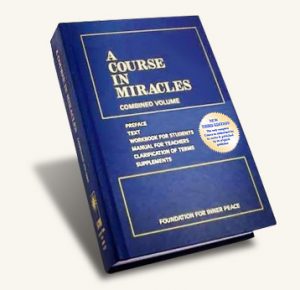Sufism is a mystical form of Islam, which is based on the Quran. The focus of this spiritual path relates to following various forms of Islamic law although followers recognize the teacher as someone who traces their lineage directly to Mohamed. Among other methods, communion with Allah is achieved by repeating phrases related to devotion to him. In this way, emphasis is placed internalizing the foundations of what it means to be Islamic rather than a more exclusive emphasis on following Islamic law. This is not to diminish the importance of Islamic law.
The word Allah refers to “God” in Arabic speaking Jews and Christians and in fact, all three faiths believe in the same God. All three faiths claim to be “Abrahamic Faiths” which have the same people described in the bible common to each and worship the same God. Islam teaches that over the years however, the teachings of other faiths have become diluted and include many man made ideas. Mohamed is seen as a man who achieved the greatest connection to God but was not himself a deity.
Devotion to God is central to Sufism and the Islamic Faith that believes in a literal adherence to what is contained in the Quran. Meditation in various forms is key and generally includes the repletion of words related to love of God. During this time, a complete mental separation from a consciousness of man’s occurs and the God given ability to reason essential allows us to become one with God.
Repetition of chants is common to both Hinduism but the addition of music in Sufism somewhat distinguishes it from other forms of Islam. “Whirling Dervishes” are considered an expression of Sufism, doing a repetitious twirling dance to music during which they achieve a trance like state. This trance like state is a key component to all forms if meditation and with practice, the sense of feeling sleepy is replaced by the ability to maintain that state with eyes open.
Combining Chants with music is a common thread among many Spiritual paths and a great deal of similarity exists between Western adaptations of Sufism and the Hindu Zikar.


